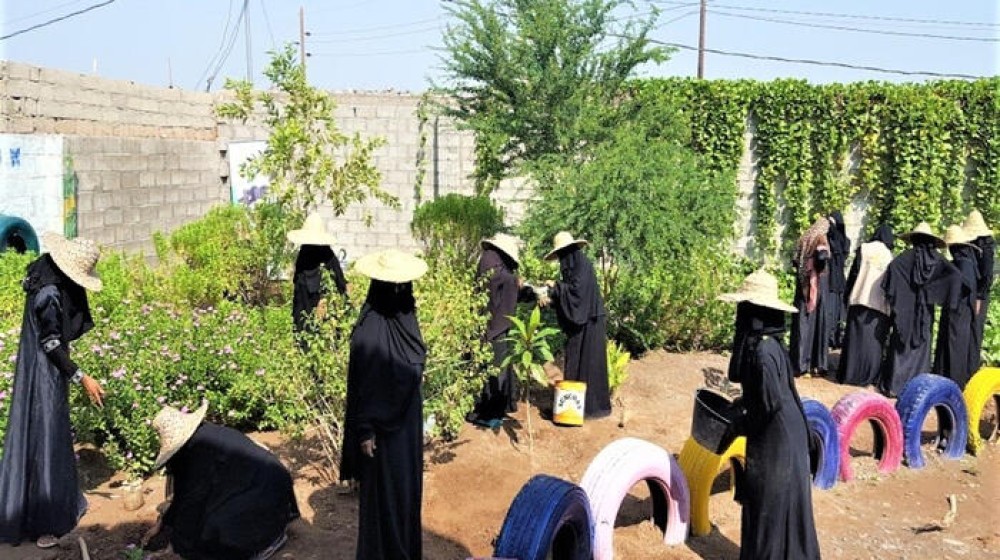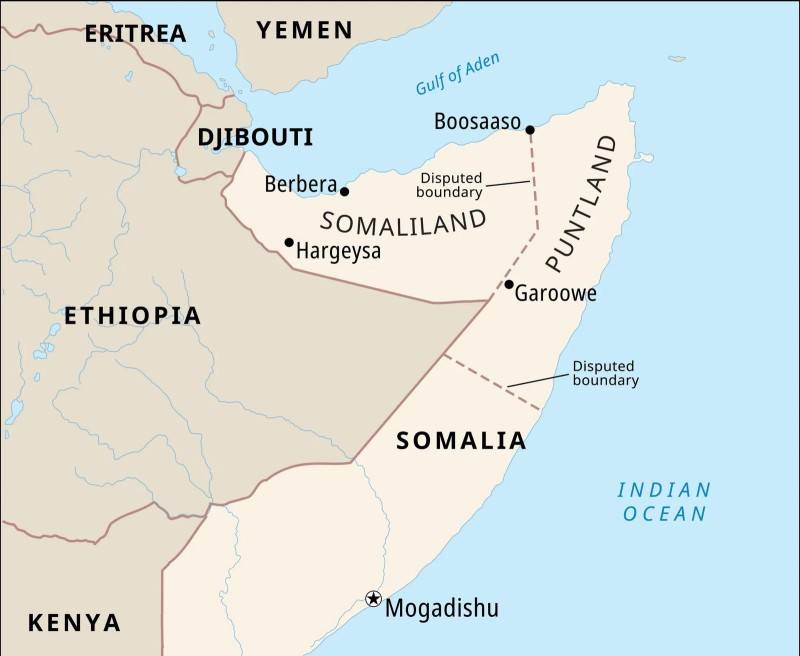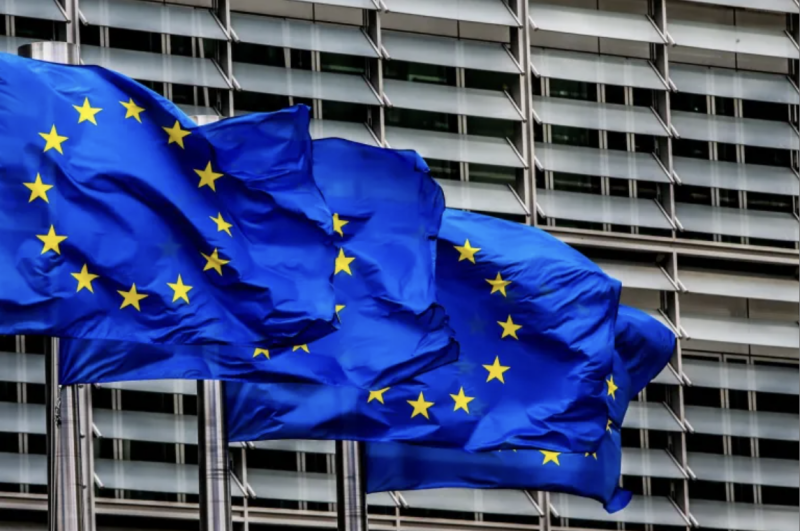Green shoots of hope spring from the depths of war in Yemen


"Giving up on school was the hardest part for me,” said Hiam. “I still feel deep sadness, but fate takes you down paths you don't want, so I learned to live, fight, and strive to reach my goals.”
At just 15 years old, Hiam was forced into the role of breadwinner for her family in the village of Al Jaharri in Al Hudaydah, on Yemen’s western coast. When the war escalated in 2015, Hiam’s father – who earned less than a dollar a day transporting goods by donkey – lost his job and wasn’t able to secure another one. Her mother was seriously ill with cancer and required constant care. As the eldest child in a family of nine, it fell to Hiam to provide for her siblings and ensure the family’s survival.
To do so, she trekked out to distant farms to buy vegetables and sell them in her neighbourhood. The money covered her family’s basic needs, but meant that she had to sacrifice her dream of staying in school. The work also came with unexpected costs.
“As the only girl in the market, there was so much abuse, every single day. This all added to my sadness. It had a significant effect on me,” said Hiam.
Women and girls in crisis settings are at heightened risk of sexual exploitation, abuse and coercion, as many venture far and often alone in search of work, sustenance and daily essentials.
Fearing for her safety and under immense pressure to provide for her family, Hiam was close to breaking point; so when someone from her community told her about a nearby safe space for women and girls – supported by UNFPA, the UN sexual and reproductive agency – she quickly reached out for help.
It was a decision that would mark the beginning of a new life for Hiam.
“She arrived [at the safe space for women and girls] in a terrible state,” said the social worker who received her. “You could see signs of stress, fatigue and illness written deep into her face.”
For a month, Hiam received counselling from a group of trained health-care providers at the safe space. Once she felt she had regained her confidence and stability, she also began to take classes in sustainable farming to secure her family’s future – and her own.
UNFPA currently supports 29 safe spaces for women and girls across Yemen, in addition to eight women’s shelters and five specialized mental health centres to serve the most vulnerable. While women’s shelters offer sanctuary for survivors of gender-based violence, safe spaces provide women and girls with access to protection services and the means to regroup and rebuild their social networks, many of which have been severely disrupted by the conflict.
The spaces also offer further support through referrals for medical care, legal assistance, psychosocial assistance and livelihood skills training, which is especially crucial for women-led households.
Ongoing crisis
Yemen is one of the world’s worst and most deeply entrenched humanitarian crises. A staggering 21.6 million people require some form of humanitarian assistance, and 80 per cent of the country’s population struggles to access food, safe drinking water, and basic health services.
Women and girls are bearing the brunt of the crisis, now in its eighth year – roughly 80 per cent of the 4.5 million people displaced are women and children, and about one quarter of displaced households are headed by women. The continued impact of war and deprivation has taken a heavy physical and psychological toll on Yemeni women and girls, but health care, including support for mental health, is in short supply as an estimated 7 million people require treatment and support.
Gender-based violence has also spiked since the outbreak of conflict. With limited shelter options and a breakdown in formal and informal protection mechanisms as the conflict grinds on, girls are increasingly vulnerable to harmful coping mechanisms like child marriage, human trafficking, begging and child labour. An estimated 7.1 million women and girls require services to prevent gender-based violence.
A new beginning
After learning to care for the land and cultivate fruits and vegetables, Hiam went on to receive a grant of $500 to start her own green farming business. She has developed skills such as pricing products, marketing, and managing finances, and today makes around $30 to $50 a month from her farming. Her earnings are enough to keep her seven siblings in school and she produces sufficient food for three meals a day for the whole family.
“Now I’m an agriculturalist, and my life and economic situation have really improved. Everyone calls me ‘the agricultural girl’, and I love that,” Hiam told UNFPA.
Hiam added that she cares about the environment and strives to protect it through her business practices. Committed to farming sustainably, she chooses not to use chemicals or pesticides, but uses only manure as a fertilizer.
“Hiam’s story is one of hope, strength and resilience that all girls can aspire to. Women and girls like her are overcoming tremendous adversity, and stepping up to become leaders. Young people in Yemen are yearning to build peace, and to secure a sustainable future, so it is vital that we support them,” said Enshrah Ahmed, UNFPA’s representative in Yemen.
Hiam’s message to women and girls is simple: “Never lose hope. Never despair. Always believe in yourself and always keep striving to reach your goals.”

Hargeisa -- In the first international recognition since it declared independence from Somalia in 1991, Israeli Prime Minister Benjamin Netanyahu a…

In his first Christmas address titled Urbi et Orbi, Pope Leo XIV called on the world to embrace responsibility as the surest path to achieving peac…

Brussels -- The European Union has reaffirmed its unwavering commitment to Yemen’s unity, sovereignty, and independence, expressing support f…